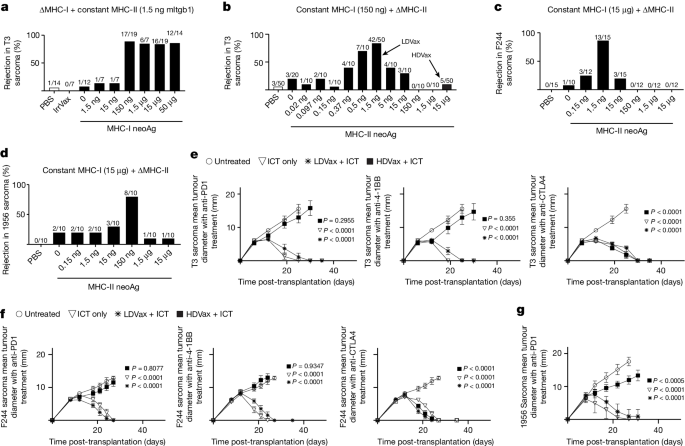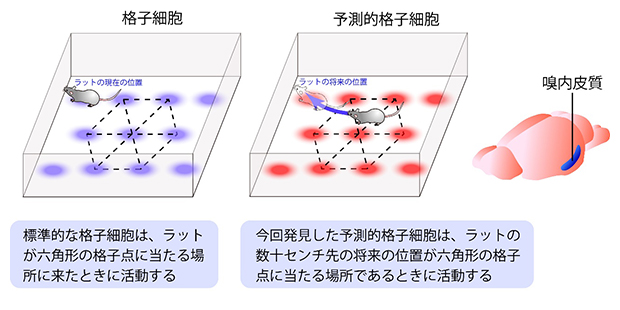2024-08-06 ワシントン大学セントルイス校
<関連情報>
- https://source.washu.edu/2024/08/drug-bypasses-suppressive-immune-cells-to-unleash-immunotherapy/
- https://www.nature.com/articles/s41586-024-07752-y
新抗原特異的細胞傷害性Tr1 CD4 T細胞が癌免疫療法を抑制する Neoantigen-specific cytotoxic Tr1 CD4 T cells suppress cancer immunotherapy
Hussein Sultan,Yoshiko Takeuchi,Jeffrey P. Ward,Naveen Sharma,Tian-Tian Liu,Vladimir Sukhov,Maria Firulyova,Yuang Song,Samuel Ameh,Simone Brioschi,Darya Khantakova,Cora D. Arthur,J. Michael White,Heather Kohlmiller,Andres M. Salazar,Robert Burns,Helio A. Costa,Kelly D. Moynihan,Yik Andy Yeung,Ivana Djuretic,Ton N. Schumacher,Kathleen C. F. Sheehan,Marco Colonna,James P. Allison,… Robert D. Schreiber
Nature Published:24 July 2024
DOI:https://doi.org/10.1038/s41586-024-07752-y

Abstract
CD4+ T cells can either enhance or inhibit tumour immunity. Although regulatory T cells have long been known to impede antitumour responses1,2,3,4,5, other CD4+ T cells have recently been implicated in inhibiting this response6,7. Yet, the nature and function of the latter remain unclear. Here, using vaccines containing MHC class I (MHC-I) neoantigens (neoAgs) and different doses of tumour-derived MHC-II neoAgs, we discovered that whereas the inclusion of vaccines with low doses of MHC-II-restricted peptides (LDVax) promoted tumour rejection, vaccines containing high doses of the same MHC-II neoAgs (HDVax) inhibited rejection. Characterization of the inhibitory cells induced by HDVax identified them as type 1 regulatory T (Tr1) cells expressing IL-10, granzyme B, perforin, CCL5 and LILRB4. Tumour-specific Tr1 cells suppressed tumour rejection induced by anti-PD1, LDVax or adoptively transferred tumour-specific effector T cells. Mechanistically, HDVax-induced Tr1 cells selectively killed MHC-II tumour antigen-presenting type 1 conventional dendritic cells (cDC1s), leading to low numbers of cDC1s in tumours. We then documented modalities to overcome this inhibition, specifically via anti-LILRB4 blockade, using a CD8-directed IL-2 mutein, or targeted loss of cDC2/monocytes. Collectively, these data show that cytotoxic Tr1 cells, which maintain peripheral tolerance, also inhibit antitumour responses and thereby function to impede immune control of cancer.


